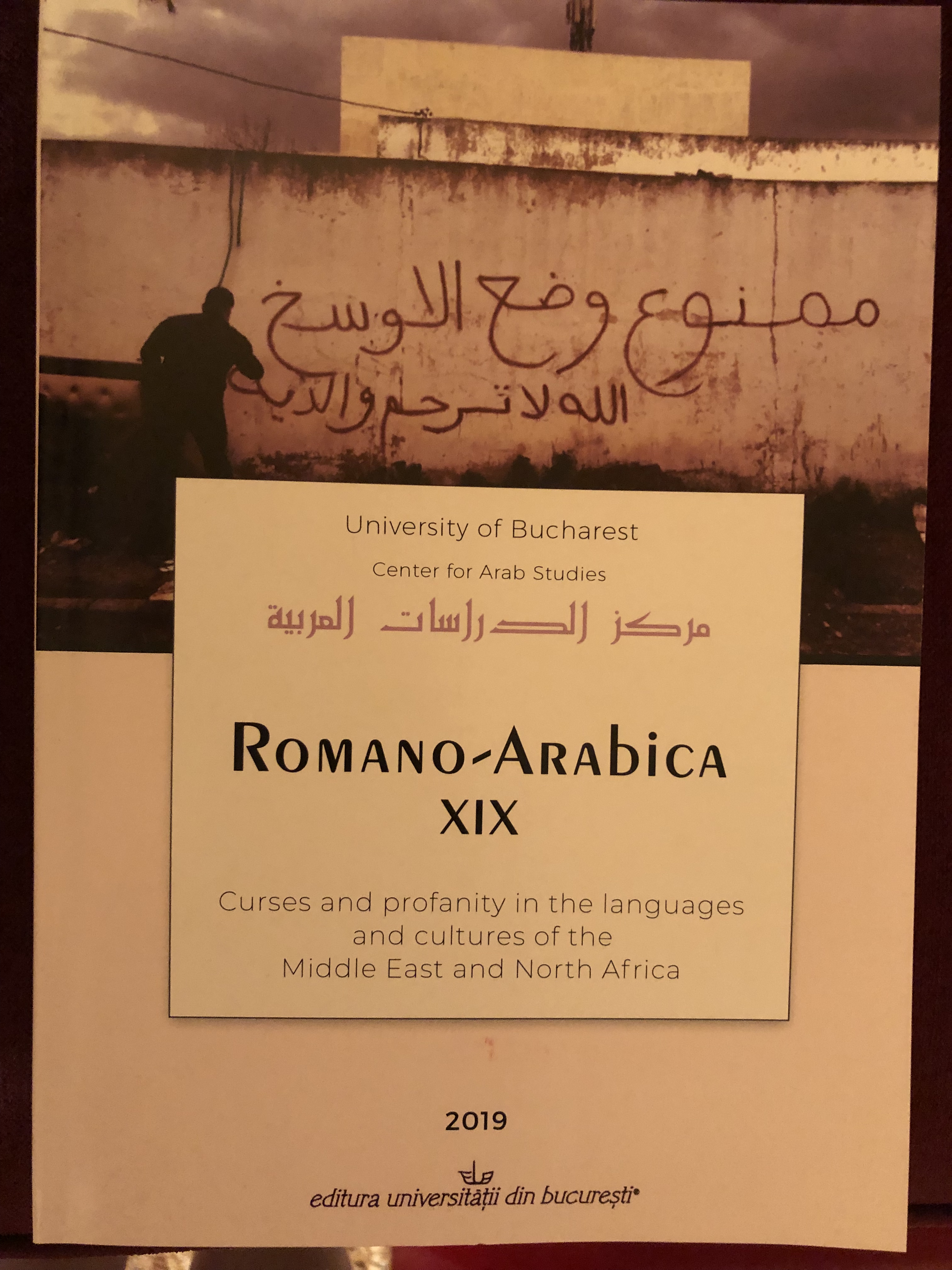LA VARIATION LINGUISTIQUE SELON IBN ḪALDUN
Linguistic variation in Ibn Haldun's perspective
Author(s): Maurizio BagatinSubject(s): Language studies, Language and Literature Studies, Applied Linguistics, Philology
Published by: Editura Universităţii din Bucureşti
Keywords: Ibn Ḫaldūn’s Muqaddima; Arabic language; linguistic variation; contact of languages; Bedouin and sedentary Arabic; linguistic habit; 'i‘rāb; corruption (fasād); lisān; luġa;
Summary/Abstract: In the last sections of the Muqaddima, Ibn Ḫaldūn deals with some general issues related to languages, then he focuses on the Arabic language by writing a different outline from the one grammarians usually give. As a matter of fact, they are bound to a static representation of the linguistic reality, which ultimately includes only one language, that of the origins, harmonious and perfect, whose distinctive feature is the ’i‘rāb. Anything else is considered by them just as a corrupt form, a barbarization of this one language. The attention to historical and social changes, instead, allowed Ibn Ḫaldūn to elaborate a more dynamic model which embraces the idea of variation, not only synchronically, as it is for grammarians, also diachronically. Within this model the idea of corruption is just the beginning of a process of linguistic transformation that led to the appearance of at least three independent varieties of Arabic, each one with its own features.
Journal: Romano-Arabica
- Issue Year: XIX/2019
- Issue No: 19
- Page Range: 207-222
- Page Count: 16
- Language: English, French, Arabic

